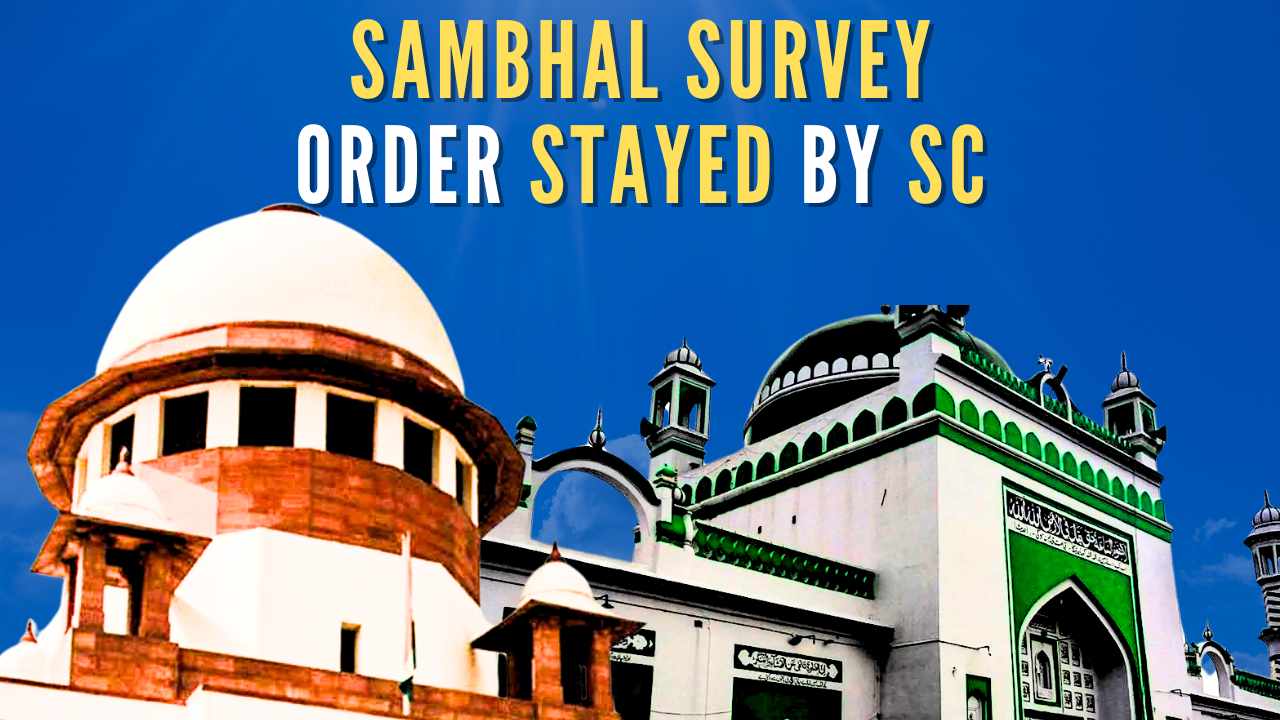2.Analyse the recent concerns and challenges surrounding Places of worship Act, 1991.
The Sambhal dispute has once again cast fresh spotlight on the Places of Worship Act 1991 under which the religious character of all places of worship as it existed on August 15, 1947, has to be maintained.
Important provisions of the Act:
●Section 3 of the Act restricts the conversion, in full or part, of a place of worship of any religious denomination into a place of worship of a different religious denomination or even a different segment of the same religious denomination.
●Section 4(1) states that the religious character of a place of worship “shall continue to be the same as it existed” on August 15, 1947.
●Section 4(2) says any suit or legal proceeding concerning the conversion of the religious character of any place of worship existing on August 15, 1947, pending before any court, shall abate and no fresh suit or legal proceedings shall be instituted.
Exemption:
●Section 5 stipulates that the Act shall not apply to the Ram Janmabhoomi-Babri Masjid case, and any suit, appeal, or proceeding relating to it.
●Any place of worship which is an ancient and historical monument, or an archaeological site is covered by the Ancient Monuments and Archaeological Sites and Remains Act, of 1958.
●A suit that has been finally settled or disposed of.
●Any dispute that has been settled by the parties or conversion of any place that took place by acquiescence before the Act commenced.
What are the challenges to the Act?
●The petition filed in Sambhal seeks to change the basic character of the place of worship, in contravention of the 1991 Act.
●The petitioners quote the oral observation of SC in 2022 that the “ascertainment of a religious character of a place, as a procedural instrument, may not necessarily fall foul of the provisions” of the Act.
●Incidentally, four petitions have challenged the Places of Worship Act in the Supreme Court.
●The courts have admitted petitions seeking to alter the religious character of the places of worship in Varanasi, Mathura, Dhar, and now Sambhal even as the Supreme Court is yet to decide on the challenges to the Places of Worship Act itself.
The discrepancies and doubts regarding the Places of Worship Act should be sorted out by the legislation and judiciary as the act is important in its being because it maintains non-regression as a key component of our secular beliefs.
Source:

